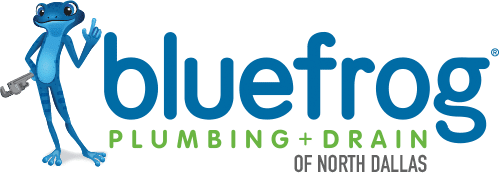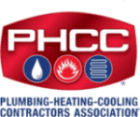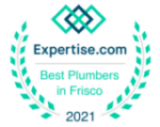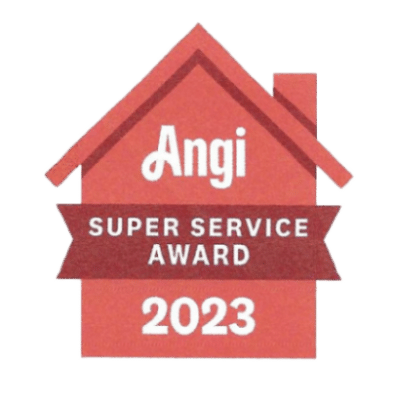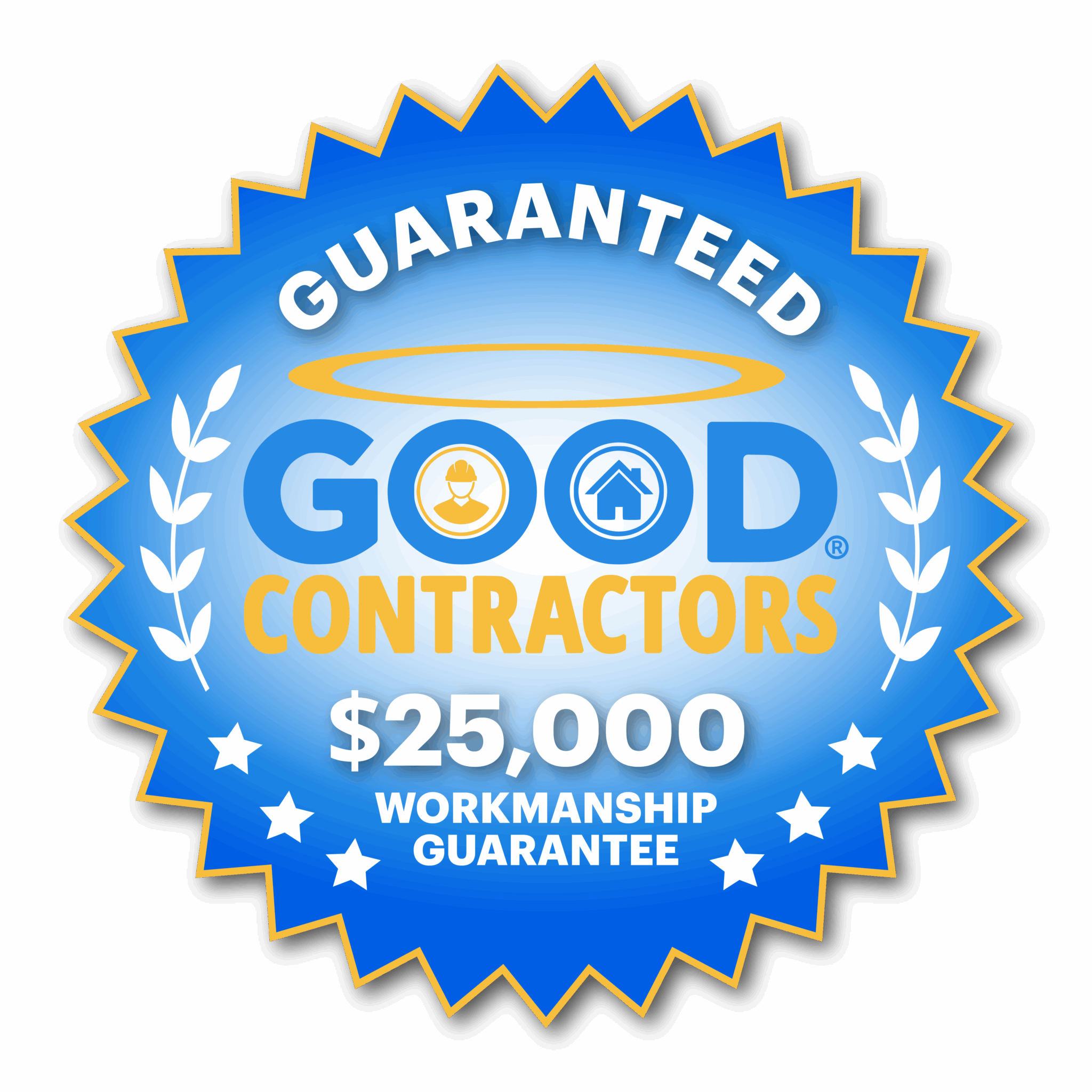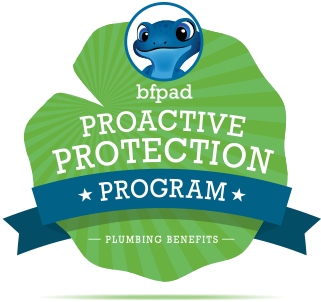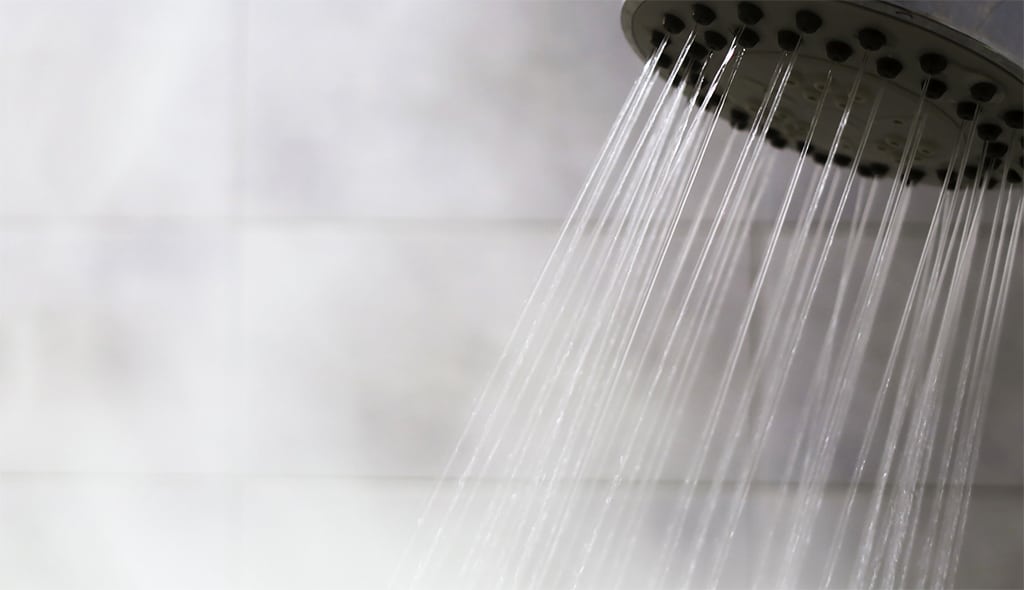
A-Z Guide to Water Softener System
Water Softener – Are you tired of dealing with hard water at home? A water softener system might be the solution you need.
Hard water can cause many issues, from damaging appliances to making your skin feel dry. In this guide, we’ll explore the benefits of water softener systems, how they work, and why soft water is essential for your home.
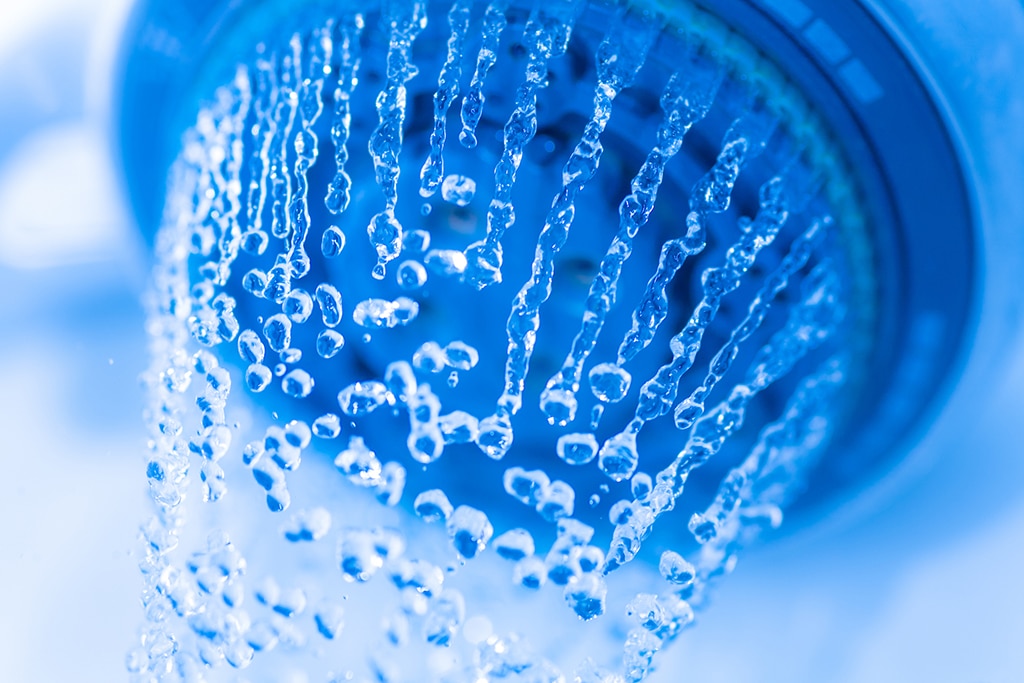
Brief Overview of Water Softener System
A water softener system removes minerals that cause water hardness, mainly calcium and magnesium. These minerals can build up in pipes and appliances, leading to inefficiencies and costly repairs. Installing a water softener can extend the lifespan of your appliances and improve water quality.
Importance of Soft Water
Soft water is more than just a luxury; it’s a necessity for maintaining a healthy home. Here are some key benefits:
- Prolongs Appliance Life: Soft water prevents scale buildup in water heaters, dishwashers, and washing machines, helping them run more efficiently and last longer.
- Improves Skin and Hair Health: Hard water can leave your skin dry and your hair dull. Soft water keeps your skin moisturized and your hair shiny.
- Saves Money: Soft water reduces the amount of soap and detergent needed for cleaning, saving you money over time.
What is Hard Water?
Have you ever noticed white spots on your dishes or felt like your soap doesn’t lather well? This is likely due to hard water. But what exactly is hard water, and why is it a problem?
Definition and Causes
Hard water contains high levels of minerals, specifically calcium and magnesium. These minerals are picked up as water flows through the ground, especially in areas with limestone or chalk. The higher the concentration of these minerals, the “harder” the water.
Hard water is common in many parts of the country and can cause a range of problems. Testing your water can help determine its hardness level. Home test kits are available, or you can have a professional test your water for accurate results.
Effects on Plumbing and Appliances
The minerals in hard water can have several negative impacts on your plumbing and appliances:
- Scale Buildup: Over time, hard water can leave deposits, known as scale, inside pipes, water heaters, and appliances. This can reduce water flow and efficiency, leading to higher energy bills and costly repairs.
- Reduced Appliance Lifespan: Appliances that use water, such as dishwashers, washing machines, and water heaters, can suffer from scale buildup. This can shorten their lifespan and require more frequent maintenance.
- Poor Cleaning Performance: Hard water can interfere with soap and detergent, making it harder to get things clean. This can result in spotty dishes, dingy laundry, and soap scum in showers and sinks.
- Skin and Hair Issues: The minerals in hard water can leave a residue on your skin and hair, making them feel dry and less clean.
How Water Softeners Work
Ever wondered how a water softener system transforms hard water into soft water? Understanding the process can help you appreciate the benefits of having a water softener at home.
Ion Exchange Process
The most common method used by water softeners is the ion exchange process. Here’s a simple breakdown:
- Hard Water Enters the System: Hard water flows into the softener’s resin tank, which contains tiny resin beads charged with sodium ions.
- Exchange of Ions: As the hard water passes through the resin beads, the calcium and magnesium ions in the water are attracted to the beads and replace the sodium ions. This process removes the hardness from the water.
- Soft Water Exits: The now softened water exits the system, ready to be used throughout your home.
Over time, the resin beads become saturated with calcium and magnesium and need to be regenerated. This is done by flushing the resin tank with a saltwater solution, which replaces the hard minerals with sodium ions again, allowing the process to continue.
Salt-Based vs. Salt-Free Systems
There are two main types of water softeners: salt-based and salt-free. Each has its own advantages and disadvantages.
- Salt-Based Softeners:
- Ion Exchange: Uses the ion exchange process described above.
- Effective Softening: Removes calcium and magnesium, providing truly soft water.
- Maintenance: Requires regular addition of salt to the system.
- Pros: Effective in areas with very hard water, prolongs appliance life, and reduces soap usage.
- Cons: Adds sodium to the water, which some people may want to avoid.
- Salt-Free Conditioners:
- Template-assisted crystallization (TAC): Uses a different process where the hardness minerals are not removed but are transformed into crystals that do not stick to surfaces.
- Maintenance-Free: Requires less maintenance as there is no need to add salt.
- Pros: Good for people who want to avoid added sodium, environmentally friendly, and easier to maintain.
- Cons: Not as effective in very hard water areas, and may not protect appliances as well as salt-based systems.
Types of Water Softeners
When it comes to choosing a water softener system, you have several options. Each type has its own features and benefits, making it essential to understand the differences to select the best system for your needs.
Salt-Based Softeners
Salt-based softeners are the most common and effective type of water softener. They use the ion exchange process to remove hardness minerals from water.
- Efficiency: They are highly effective at softening water, making them ideal for areas with very hard water.
- Maintenance: Regularly adding salt to the brine tank is necessary for the water softener system to function properly.
- Benefits: They extend the lifespan of appliances, improve cleaning efficiency, and provide numerous health benefits.
Salt-Free Conditioners
Salt-free conditioners, also known as descalers, do not remove the hardness minerals. Instead, they alter the chemical structure of the minerals so they do not stick to surfaces.
- No Salt Required: As the name suggests, these systems do not require salt, making them easier to maintain.
- Environmental Impact: They are more environmentally friendly since they do not discharge salt into the wastewater system.
- Limitations: They are not as effective as salt-based systems in areas with very hard water.
Dual-Tank Water Softener Systems
Dual-tank water softener systems consist of two resin tanks, which allow for a continuous soft water supply. When one tank is regenerating, the other is still in operation.
- Continuous Soft Water: These systems provide an uninterrupted supply of soft water, making them ideal for large households or homes with high water usage.
- Higher Cost: They are more expensive than single-tank water softener system systems but offer greater efficiency and reliability.
Magnetic Descalers
Magnetic descalers use magnetic fields to change the properties of hardness minerals, preventing them from forming scale deposits.
- Simple Installation: These devices are easy to install and require no plumbing modifications.
- Maintenance-Free: They require minimal maintenance and no salt or chemicals.
- Effectiveness: Their effectiveness is debated, and they may not be suitable for homes with extremely hard water.
Choosing the Right Water Softener
Selecting the right water softener system for your home can seem daunting, but it doesn’t have to be. Here’s how to make the right choice based on your specific needs.
Assessing Water Hardness
First, you need to determine the hardness of your water. You can do this using a home testing kit or by getting a water hardness report from your local water supplier.
- Testing Kits: These are simple to use and provide immediate results. Look for kits that measure hardness in grains per gallon (GPG) or parts per million (PPM).
- Water Hardness Report: Your local water supplier can provide a detailed report. This will help you understand the severity of your water hardness and choose the appropriate system.
Household Size Considerations
The size of your household plays a crucial role in selecting a water softener. Here’s what to consider:
- Small Households: If you have 1-2 people, a smaller capacity water softener (around 24,000 grains) will suffice.
- Medium Households: For 3-4 people, a medium-sized system (32,000 to 40,000 grains) is ideal.
- Large Households: Larger households with 5 or more people will need a high-capacity system (48,000 grains or more).
Considering household water usage is also important. If your household uses a lot of water (e.g., frequent laundry, long showers), opt for a system with a higher capacity.
Budget and Maintenance
Your budget and willingness to maintain the system are also key factors:
- Initial Cost: Water softeners range from a few hundred to several thousand dollars. Determine your budget before shopping.
- Operating Costs: Factor in the ongoing costs of salt, electricity, and maintenance. Salt-based systems will have higher operational costs due to the need for regular salt refills.
- Maintenance: Consider how much time you can dedicate to maintenance. Salt-based systems require regular checks and salt replenishment, while salt-free systems are generally maintenance-free.
Top Features to Look For
When choosing a water softener system, it’s essential to consider the features that will provide the best performance and convenience for your home. Here are the top features to look for:
Grain Capacity
Grain capacity measures the amount of hardness the water softener system can remove before needing regeneration.
- Small Capacity: Water softener systems with 24,000 to 32,000 grains are suitable for smaller households with lower water usage.
- Medium Capacity: Water softener systems with 32,000 to 40,000 grains are ideal for average-sized households.
- Large Capacity: Systems with 48,000 grains or more are best for larger households or homes with high water usage.
Choosing the right capacity ensures efficient operation and reduces the frequency of regeneration cycles.
Regeneration Cycle
The regeneration cycle is the process where the water softener cleans itself to continue removing hardness.
- Time-Based Regeneration: Regenerates at a set time, regardless of water usage. This can be less efficient and wasteful.
- Metered Regeneration: Regenerates based on actual water usage, which is more efficient and saves water and salt.
- Demand-Initiated Regeneration: Similar to metered, but even more precise, adjusting regeneration based on patterns and needs.
Opt for a metered or demand-initiated water softener system for better efficiency and cost savings.
Digital Controls
Modern water softeners come with digital controls that offer a range of functionalities:
- User-Friendly Interface: Easy to program and adjust settings.
- Customizable Settings: Allows you to set regeneration times, monitor usage, and adjust hardness levels.
- Smart Features: Some water softener systems offer connectivity to smart home devices, providing alerts and remote control via apps.
Digital controls enhance the usability and convenience of your water softener system.
Salt Storage and Usage
Consider the system’s salt storage capacity and efficiency:
- Large Brine Tank: A larger tank means less frequent refills, which is convenient but requires more space.
- Efficient Salt Usage: Look for water softener systems designed to use salt efficiently, reducing the frequency and amount of salt needed for regeneration.
Efficient salt usage not only saves money but also minimizes maintenance effort.
Installation Tips
Installing a water softener system can be straightforward with the right knowledge and tools. Whether you choose to do it yourself or hire a professional, here are some essential tips to ensure a smooth installation process.
Professional vs. DIY Installation
Deciding between professional and DIY installation depends on your comfort level with plumbing and the complexity of the system.
- Professional Installation:
- Expertise: Professionals have the experience to ensure the system is installed correctly and efficiently.
- Warranty: Many professional installations come with a warranty, providing peace of mind if issues arise.
- Cost: Hiring a professional can be more expensive, but it can save time and prevent potential problems.
- DIY Installation:
- Cost Savings: Doing it yourself can save money on installation fees.
- Learning Experience: If you enjoy hands-on projects, installing the system yourself can be rewarding.
- Guidance: Many water softeners come with detailed instructions and online resources to guide you through the process.
If you opt for DIY, ensure you have basic plumbing skills and follow the manufacturer’s instructions carefully.
Space Requirements
Before installing your water softener, make sure you have enough space and a suitable location.
- Location: The system should be installed near the main water line before it splits off to other areas of the house. Common locations include basements, utility rooms, or garages.
- Access: Ensure the area is accessible for maintenance and refilling of the brine tank.
- Size: Check the dimensions of the water softener and make sure it fits in the chosen location without obstructing other utilities.
Necessary Tools and Materials
Having the right tools and materials on hand will make the installation process smoother.
- Tools: You will typically need a pipe cutter, wrench, pliers, tape measure, and possibly a drill.
- Materials: Depending on your plumbing, you might need additional pipes, fittings, solder, flux, and Teflon tape.
- Bypass Valve: Most systems come with a bypass valve, allowing you to isolate the water softener from the water supply for maintenance.
Follow these steps for a successful installation:
- Turn Off Water Supply: Shut off the main water supply before beginning the installation.
- Cut Pipes: Use a pipe cutter to cut into the main water line where the system will be installed.
- Install Bypass Valve: Attach the bypass valve to the system, allowing for easy maintenance.
- Connect Pipes: Connect the inlet and outlet pipes to the water softener, using fittings and Teflon tape to ensure a tight seal.
- Secure Brine Tank: Place the brine tank in a stable location and connect the brine line to the control valve.
- Power Up: Plug in the system and follow the manufacturer’s instructions to program and start the system.
Water Softener Systems in Allen, Frisco, and McKinney
When choosing a water softener system for your home, it’s essential to consider the specific water hardness levels in your area. Let’s explore the local water hardness levels and recommend suitable systems for Allen, Frisco, and McKinney.
Local Water Hardness Levels
Understanding the water hardness in your area helps you select the most effective water softener system.
- Allen: Water hardness in Allen averages around 14 grains per gallon (GPG). This level of hardness can cause significant scaling in appliances and plumbing.
- Frisco: Frisco has a similar water hardness level, averaging about 13 GPG. The high mineral content can lead to issues like soap scum and dry skin.
- McKinney: McKinney’s water hardness is also around 14 GPG. This hard water can impact everything from laundry to water heaters.
Recommended Systems for Each City
Each city’s water hardness levels require robust solutions to ensure efficient softening and long-term benefits. Here are the recommended systems:
For Allen:
- Fleck 5600SXT 48,000 Grain Water Softener:
- Capacity: Ideal for medium to large households.
- Regeneration: Metered, on-demand regeneration ensures efficient operation.
- Features: Digital control head for easy programming and monitoring.
- Eddy Water Descaler:
- Type: Salt-free system that uses electromagnetic waves to reduce scale buildup.
- Benefits: Maintenance-free and eco-friendly, suitable for those who want to avoid salt-based systems.
For Frisco:
- Whirlpool WHES40E 40,000 Grain Water Softener:
- Capacity: Perfect for households with 1-5 people.
- Regeneration: Demand-initiated regeneration for salt and water efficiency.
- Features: Salt-saving technology and easy-to-use digital interface.
- Aquasana EQ-1000-AST Whole House Water Softener and Filter:
- Type: Combines salt-free water conditioning with whole-house filtration.
- Benefits: Reduces chlorine, scale, and other contaminants without adding sodium to your water.
For McKinney:
- Culligan High-Efficiency 1.25-inch Water Softener:
- Capacity: Suitable for larger households with high water usage.
- Regeneration: Smart sensor technology optimizes regeneration cycles.
- Features: Advanced monitoring and diagnostic features to ensure peak performance.
- Pelican Water Systems NaturSoft:
- Type: Salt-free water softener with TAC (Template Assisted Crystallization) technology.
- Benefits: Maintenance-free and environmentally friendly, with no need for salt or electricity.

Frequently Asked Questions (FAQ)
- How often should I add salt to my water softener?
You should check the salt level in your water softener at least once a month. Refill the brine tank when the salt level is below half-full.
- Can I drink softened water?
Yes, softened water is safe to drink. However, if you have dietary restrictions on sodium, consider using potassium chloride as an alternative to salt.
- What size water softener do I need?
The size of the water softener depends on your household’s water usage and the hardness level of your water. For most households, a system with a capacity of 32,000 to 48,000 grains is adequate.
- How do I know if my water softener is working?
You can test your water for hardness levels using a water hardness test kit. Additionally, if you notice less soap scum, softer skin, and no white spots on dishes, your system is likely working well.
- What should I do if my water softener stops working?
First, check for simple issues like power supply problems or low salt levels. If the problem persists, consult the manufacturer’s troubleshooting guide or contact a professional for service.

